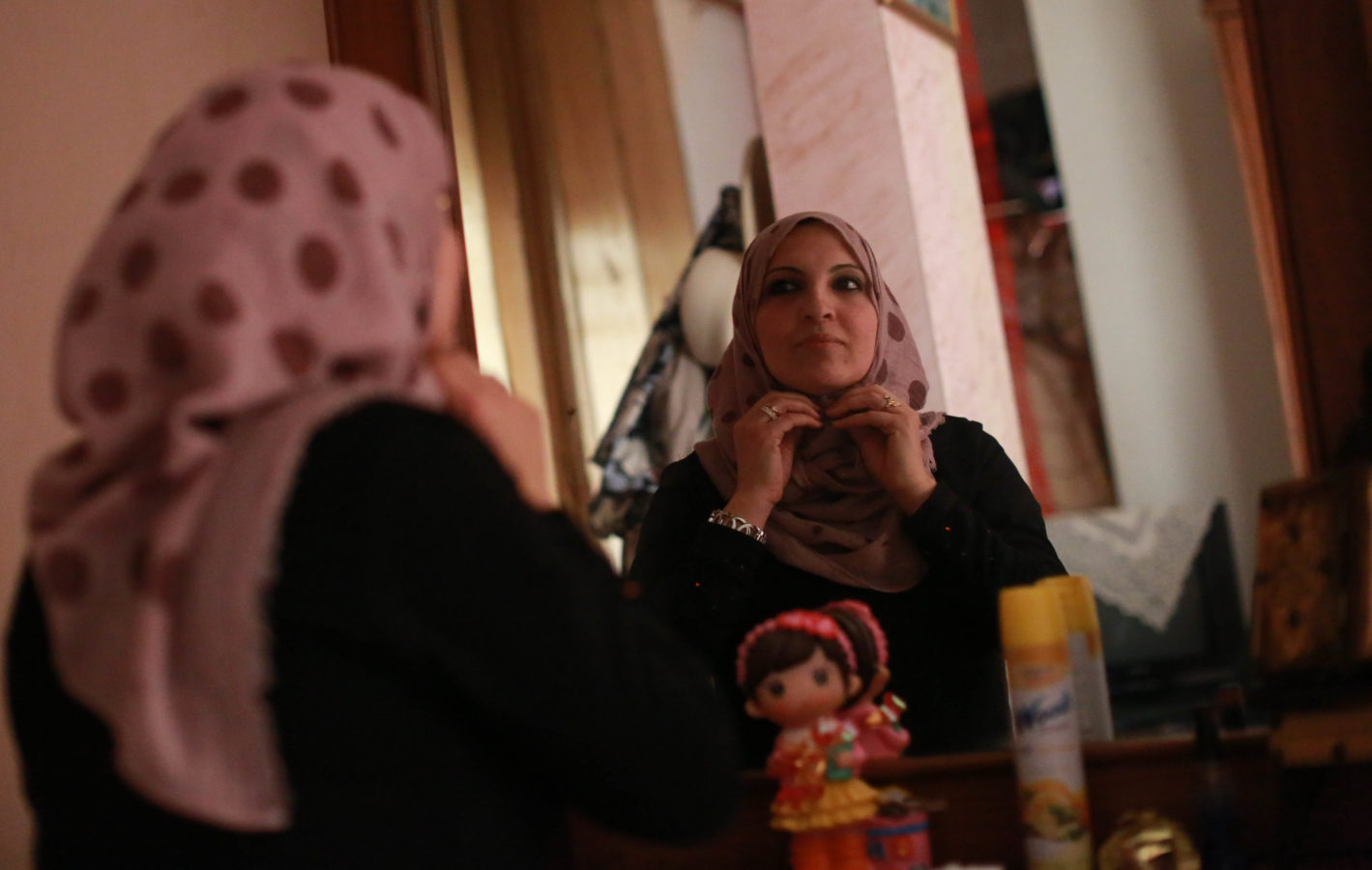WPHF is closely following the urgent developments in Palestine and adapting our efforts and support to partners as the situation evolves.
PALESTINE FUNDING APPEALWPHF is supporting local women’s organizations in Palestine to prevent conflict, strengthen women’s economic resilience and active participation in peacebuilding and respond to COVID-19 on the front lines.
Our Work
In Palestine, WPHF is channeling financing to local women’s organizations working to prevent conflict and enhance women’s meaningful participation in peacebuilding and economic recovery efforts across the West Bank and the Gaza Strip, with a special focus on Hebron Governorate.
WPHF is also supporting local civil society organizations in Palestine to respond to and sustain their efforts in the face of the COVID-19 global pandemic.
Background
The impact of five decades of Israeli military occupation of the West Bank, the illegal annexation of East Jerusalem, and the over a decade long blockade of Gaza have thwarted state-building and development efforts and left more than 2.45 million Palestinians in dire need of humanitarian assistance. Throughout the last year the situation in Palestine was marked by multiple overlapping crises from the COVID-19 pandemic and its economic fallouts to the deterioration in Israeli-Palestinian relations. In January 2021, the announcement of the first Palestinian elections since 2006 sparked hope for renewed and representative institutions, but their subsequent postponement in April only sharpened the division and frustration among the population.
Despite the horrendous impacts of occupation on all Palestinians, women have been among the most disadvantaged populations by the current situation, as they face multiple layers of discrimination and vulnerability. Traditional norms and patriarchal beliefs further impede women and girls from fully exercising their rights and unleashing their potential. As with most of the world, the COVID-19 global pandemic has disproportionately affected Palestinian women and girls. They were most at risk of losing their sources of income, burdened with additional unpaid care work, suffered barriers to essential services (such as health, protection, security) and experienced heightened cases of domestic violence.
Our Vision
In Palestine, the WPHF aims to increase the participation of women in political decision making, give voice to their protection concerns, address and prevent the root causes of conflict and strengthen their participation in peacebuilding and economic resilience efforts across the country.
